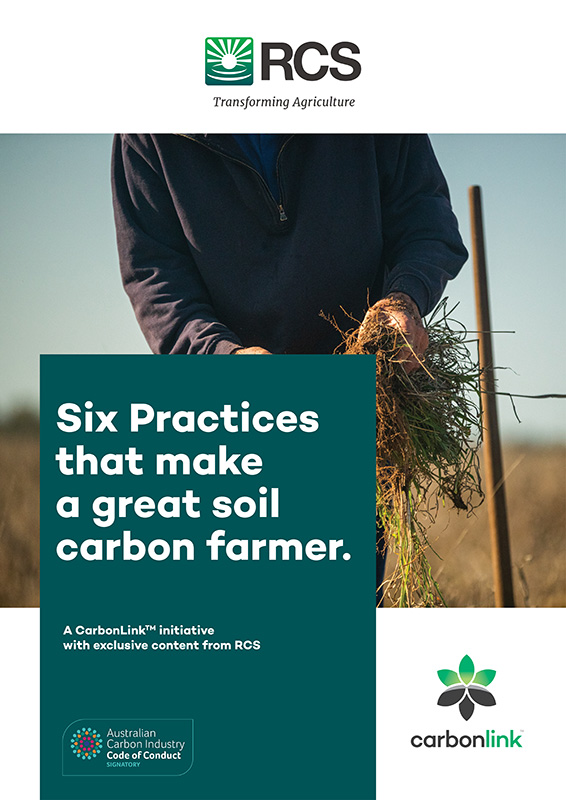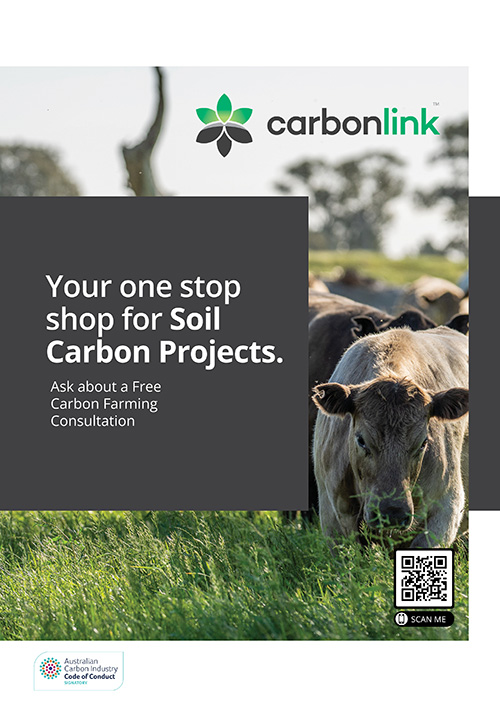Carbon farming is an agricultural practice that helps to sequester carbon in the soil, making it an important tool in the fight against climate change. There are a number of different carbon farming practices, but they all share the common goal of increasing carbon storage in the soil. Carbon farming is well suited to a number of different primary industries, including agriculture, forestry and land management.
In Australia, carbon farming has been used to create carbon offset projects that generate carbon credits. These credits are called Australian Carbon Credit Units (ACCUs) that can then be sold on the carbon market to businesses and individuals who are looking to offset their emissions. The Australian government’s Emissions Reduction Fund (ERF) has also supported carbon farming projects, providing financial incentives for business to adopt low-carbon practices.
With the right support, carbon farming can play a key role in reducing emissions and mitigating climate change. It is an important part of the transition to a low-carbon economy, and will continue to grow in importance in the years ahead.
![]()










